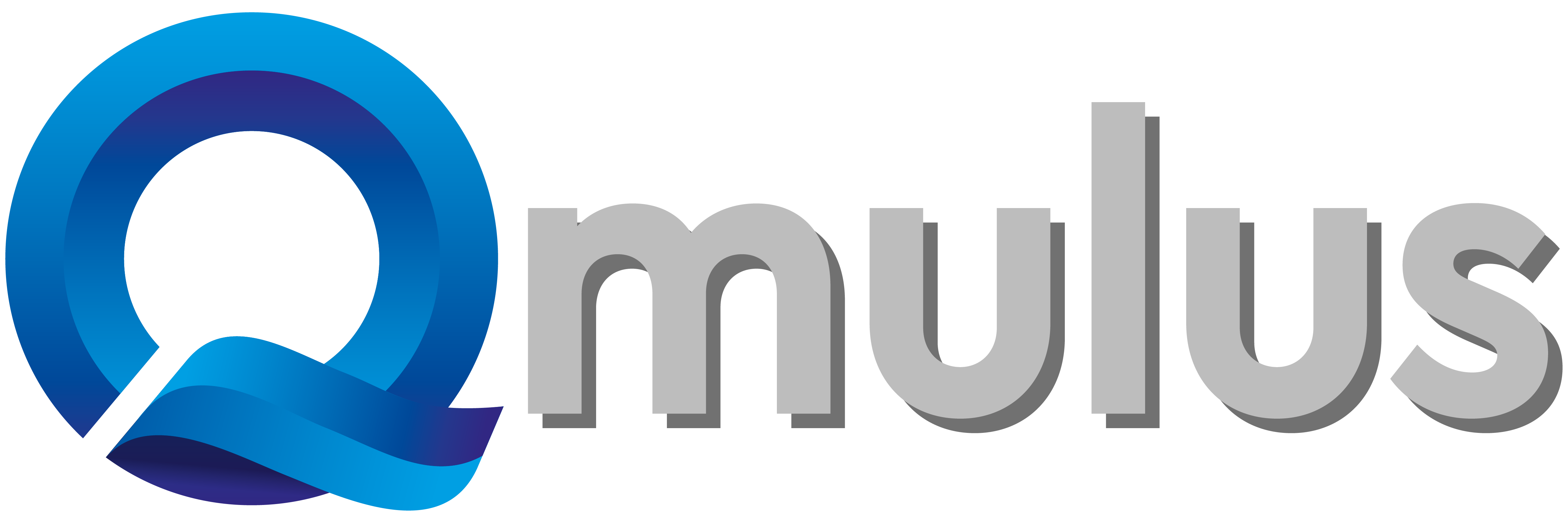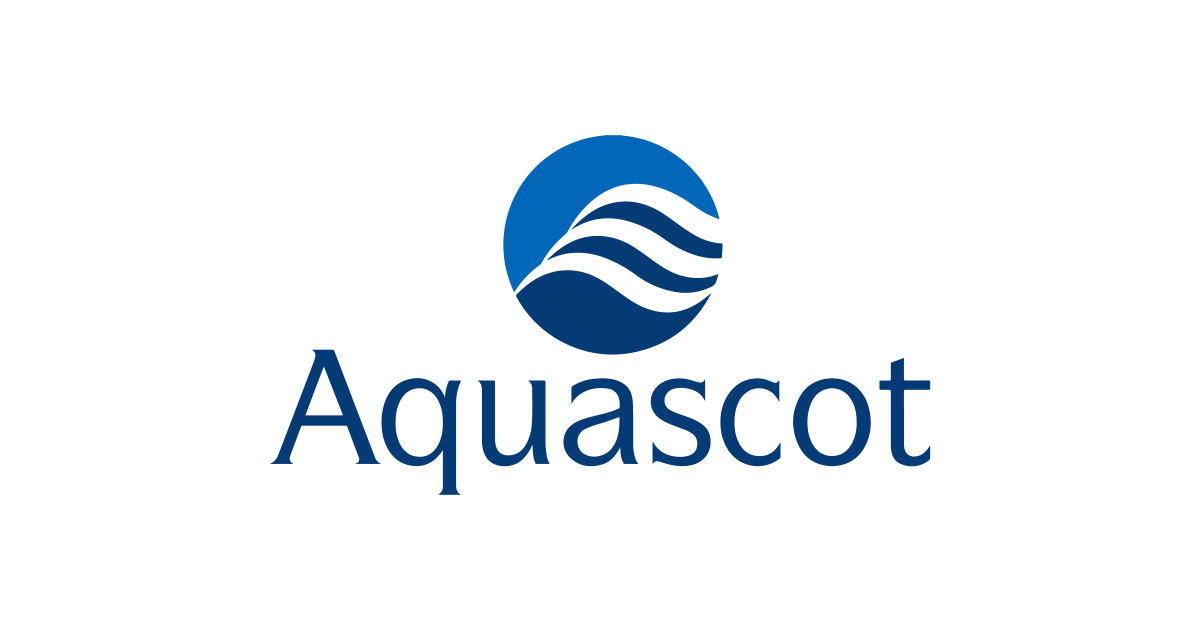Cyber threats are becoming an increasing issue for businesses of all sizes. From ransomware and phishing attacks to data breaches and malware, the need for robust cybersecurity measures is increasing. With October marking European Cybersecurity Month (ECSM), it’s the perfect time, and reminder, to assess your business’s cybersecurity practices and ensure you’re protected against cyber threats.
In this blog, we’ll explore the fundamentals of cybersecurity, common threats businesses face, and strategies to safeguard your digital assets.
Why Cybersecurity Matters
Cybersecurity refers to the practices, technologies, and processes designed to protect systems, networks, and data from cyberattacks. In an era where much of our business operations rely on digital platforms, cybersecurity is important for protecting sensitive information, ensuring business continuity, and building trust with clients and stakeholders.
Cyberattacks can lead to significant financial losses, operational disruptions, and damage to your business’s reputation. According to a study by Accenture, 43% of cyberattacks target small businesses, only 14% know how to protect themselves, and 60% of SMEs that fall victim of a cyber-attack go out of business within six months.
Cybersecurity Month (ECSM) plays a vital role in promoting awareness of these risks and equipping businesses with the knowledge to defend themselves. Although sfG Software is based in the Highlands, cybersecurity is a global concern, and this campaign offers an excellent opportunity to reinforce good practices.
Common Cybersecurity Threats
Understanding the potential risks your business faces is the first step toward building a strong defence. Here are some of the most common cyber threats to watch out for:
-
Phishing Attacks
Phishing is one of the most common forms of cyberattack, typically delivered via email. Attackers pose as legitimate people or businesses, tricking employees into sharing sensitive information such as login credentials, personal data, or financial information. Phishing emails can look convincing, making it vital to educate employees on how to spot suspicious emails.
-
Ransomware
Ransomware attacks involve malicious software that encrypts a business’s data, rendering it inaccessible until a ransom is paid. This can lead to significant operational disruptions and financial losses. The best defence against ransomware is regular backups and the use of advanced threat detection tools to block malicious files before they can get any further.
-
Data Breaches
Data breaches occur when unauthorised individuals access confidential data, such as customer information, trade secrets, or business financial records. A breach can severely damage a business’s reputation and lead to regulatory penalties. Having strong access controls and encryption in place is essential to prevent breaches.
-
Malware
Malware is malicious software designed to infiltrate, damage, or disable computers. It can come in the form of viruses, worms, or Trojan horses and is often delivered through phishing emails or malicious websites. Anti-malware software and regular system scans are essential for detecting and eliminating threats.
Best Practices for Enhancing Cybersecurity
To keep your business secure, it’s important to follow cybersecurity best practices. They will help you reduce vulnerabilities and ensure your IT systems are safeguarded against potential threats.
-
Regular Data Backups
Backing up your data regularly is an important step to minimise potential damage in the event of a ransomware attack or system failure. Store backups in secure, offsite locations and test them regularly to ensure they can be restored, if needed. World backup day is just around the corner, and you can visit our previous blog to learn more about the importance of data backups.
-
Implement Multi-Factor Authentication (MFA)
Multi-factor authentication adds an extra layer of security to your login processes. By requiring users to verify their identity with a secondary method—such as a mobile app, text message, or physical token—you make it much more difficult for hackers to gain access to your systems. We’ve written a whole blog post about MFA, which you can check out on our website, here.
-
Keep Software and Systems Updated
Outdated software is one of the leading causes of cyberattacks, as older versions often have security vulnerabilities that attackers can exploit. Ensure your systems and applications are regularly updated with the latest security patches and upgrades to stay protected. Or even better, let us look after your updates for you!
-
Educate Employees on Cybersecurity
Your employees are your first line of defence. Regular training sessions on cybersecurity best practices can significantly reduce the risk of phishing and other social engineering attacks. Make sure employees know how to recognise suspicious emails, avoid unsafe downloads, and use strong passwords.
-
Use Security Tools
Invest in high-quality cybersecurity tools such as firewalls, anti-virus software, and intrusion detection systems. These tools provide essential protection against external threats and help you monitor network traffic for unusual activity.
Cybersecurity And The Role of sfG Software
At sfG Software we understand the importance of cybersecurity and the role it plays in protecting you and your business from the threats of the digital world. Our proactive IT support services are designed to help businesses stay ahead of cybercriminals by implementing industry best practices and proven security solutions.
Here’s just a couple of ways we can help:
-
Free Cyber Security Audit
We offer a free cybersecurity audit to assess your current defences and identify areas for improvement. From evaluating your password policies to reviewing your backup processes, we provide a comprehensive analysis of your cybersecurity measures and offer actionable recommendations.
-
Proactive Monitoring and Maintenance
Our proactive monitoring services ensure your systems are always protected. By continuously monitoring your infrastructure for potential issues, we can identify and resolve threats before they escalate into significant problems.
-
Cybersecurity Training for Employees
We offer tailored training programmes to educate your team on the latest cybersecurity threats and best practices. By equipping your employees with the knowledge they need to stay vigilant, we help you create a more secure workplace.
Conclusion
Cybersecurity is an ever-evolving challenge. Businesses of all sizes must take the necessary steps to protect themselves from threats like phishing, ransomware, and data breaches. By implementing strong cybersecurity measures, staying updated on the latest threats, and educating your employees, you can safeguard your business’s digital assets.
At sfG Software, we’re here to help you navigate the complexities of cybersecurity. Whether you’re looking to enhance your IT security, train your staff, or obtain Cyber Essentials certification, our team of experts is ready to support you. Contact us today to schedule a free cybersecurity audit and ensure your business is protected.


























